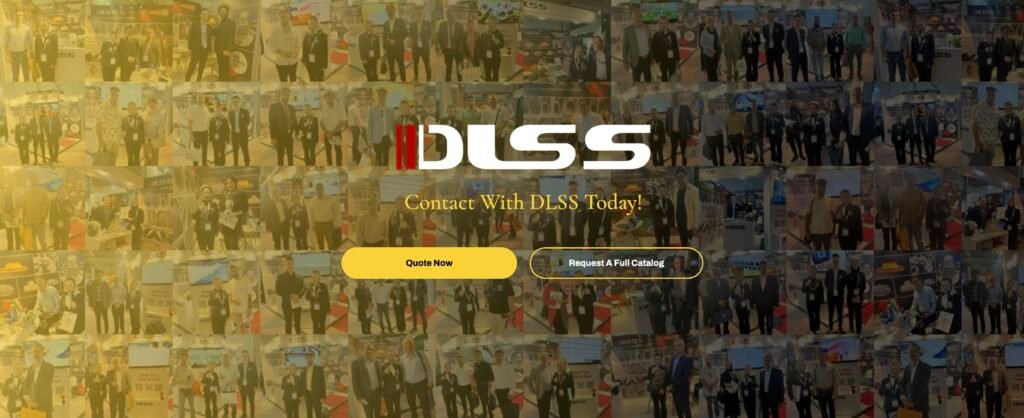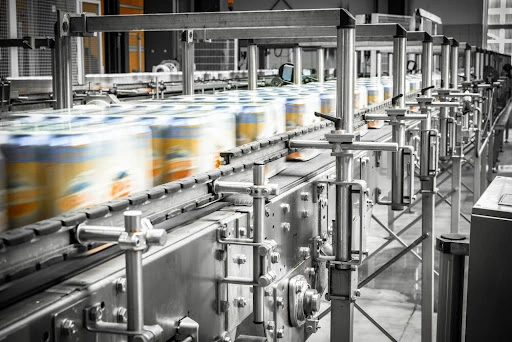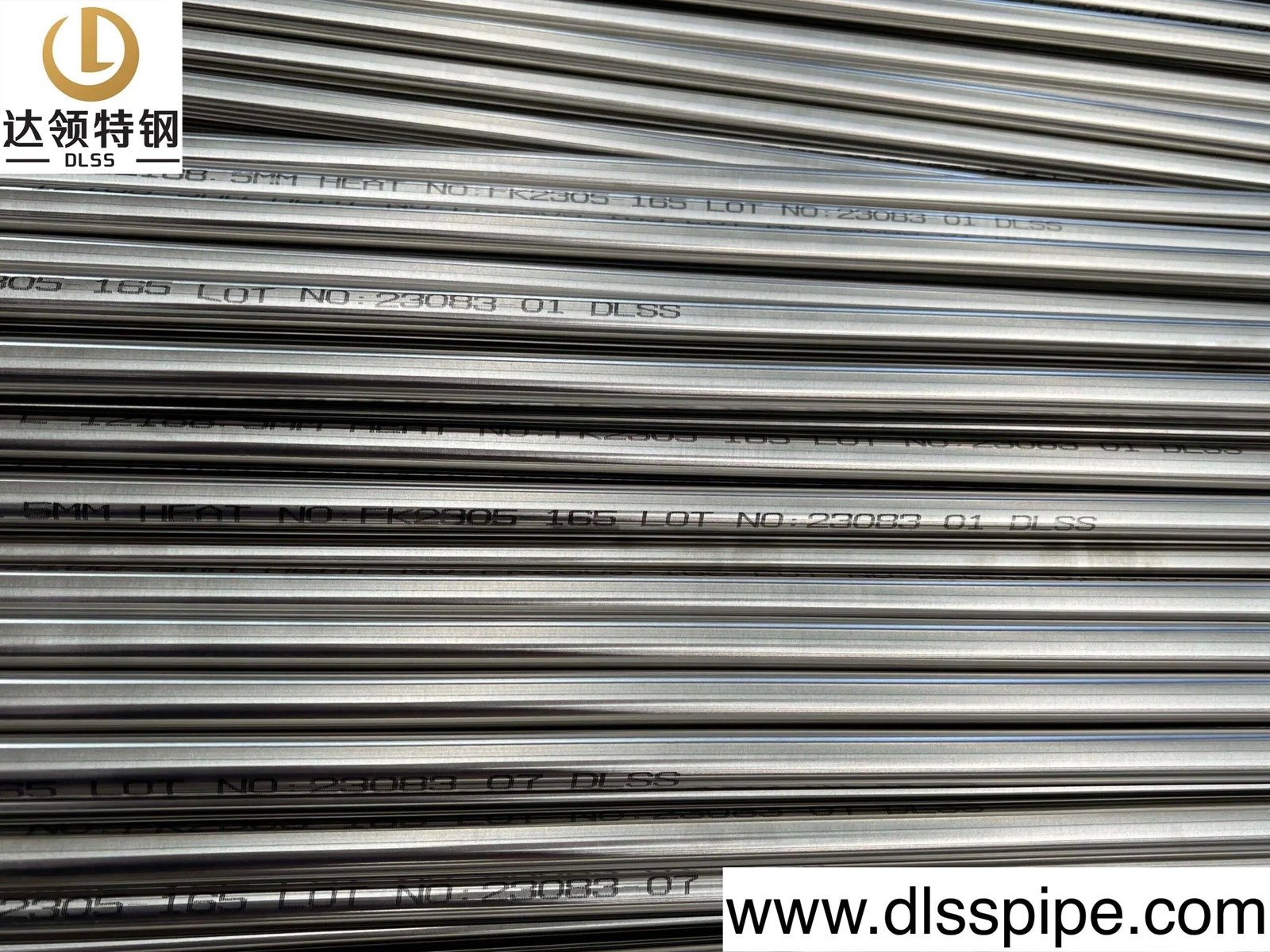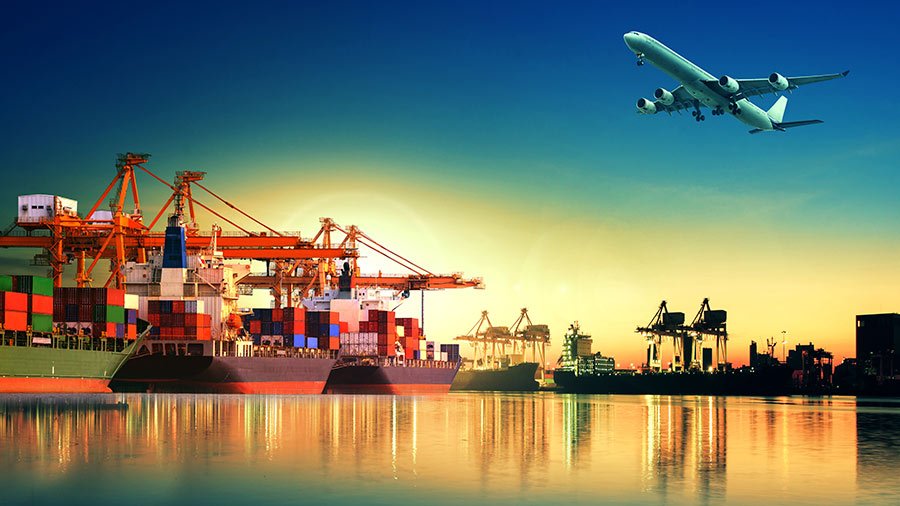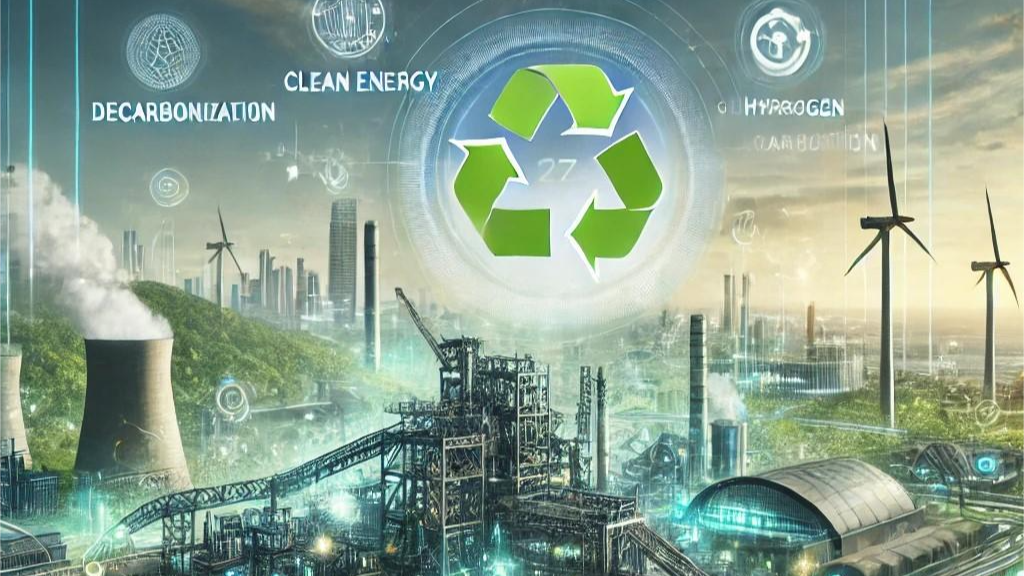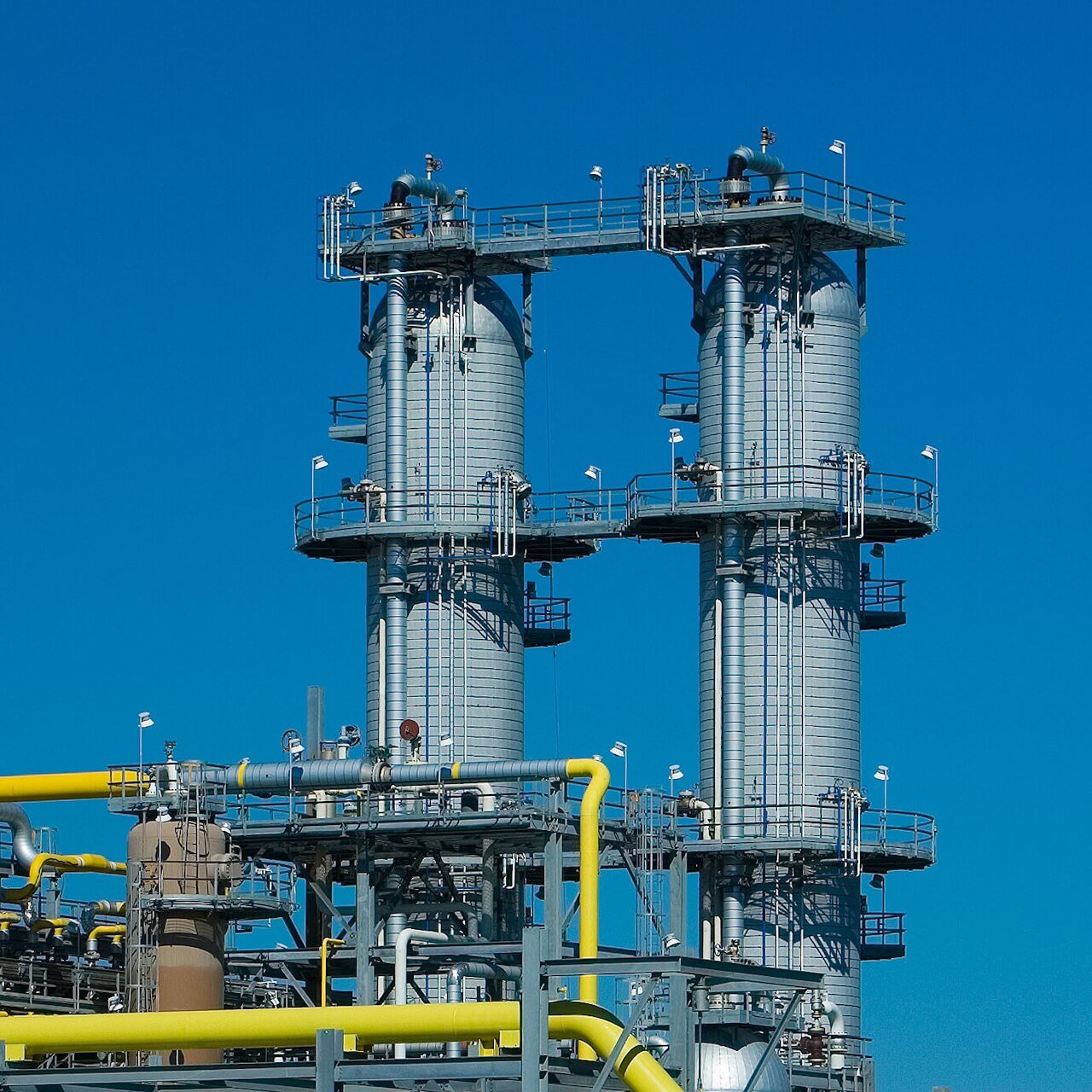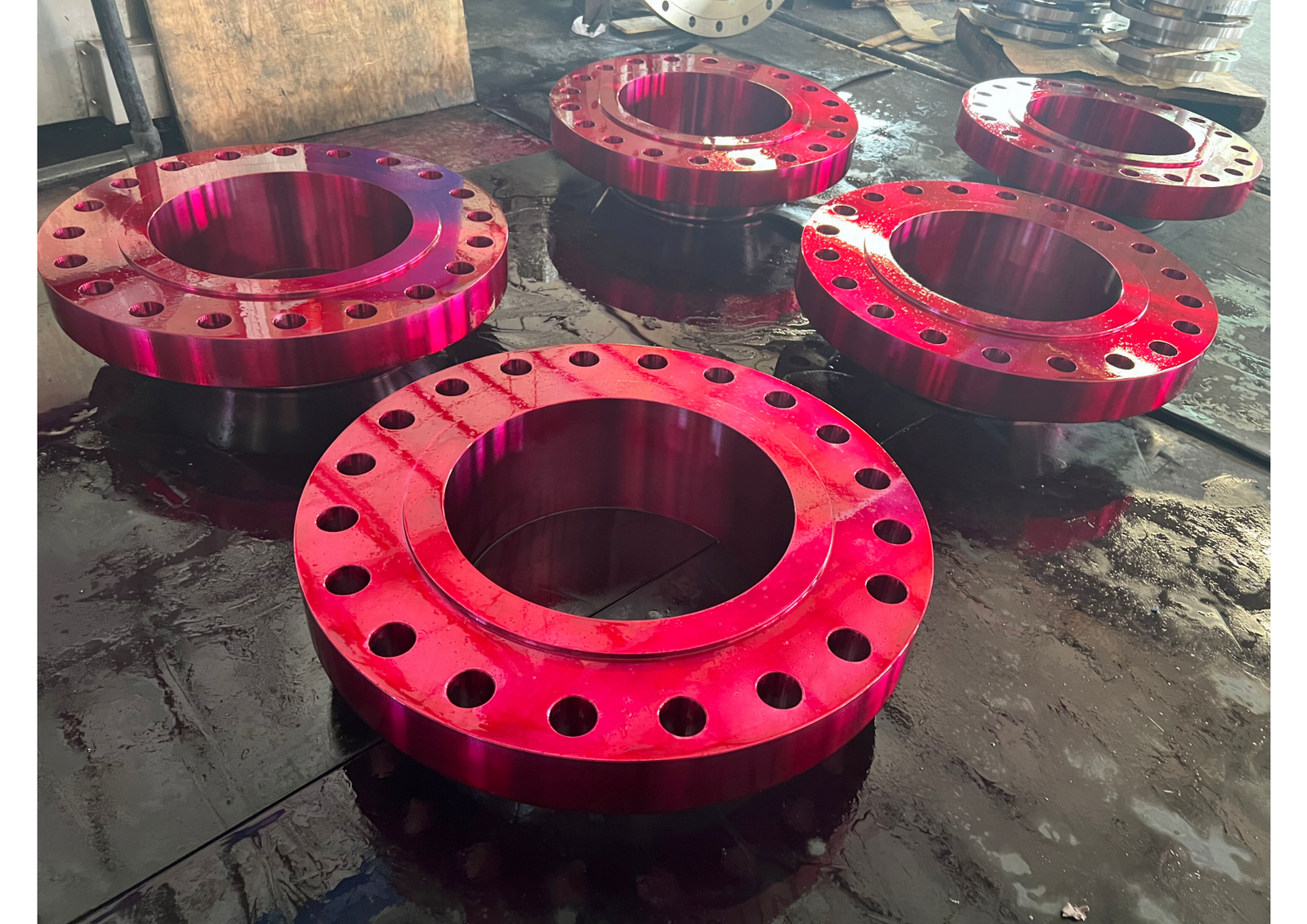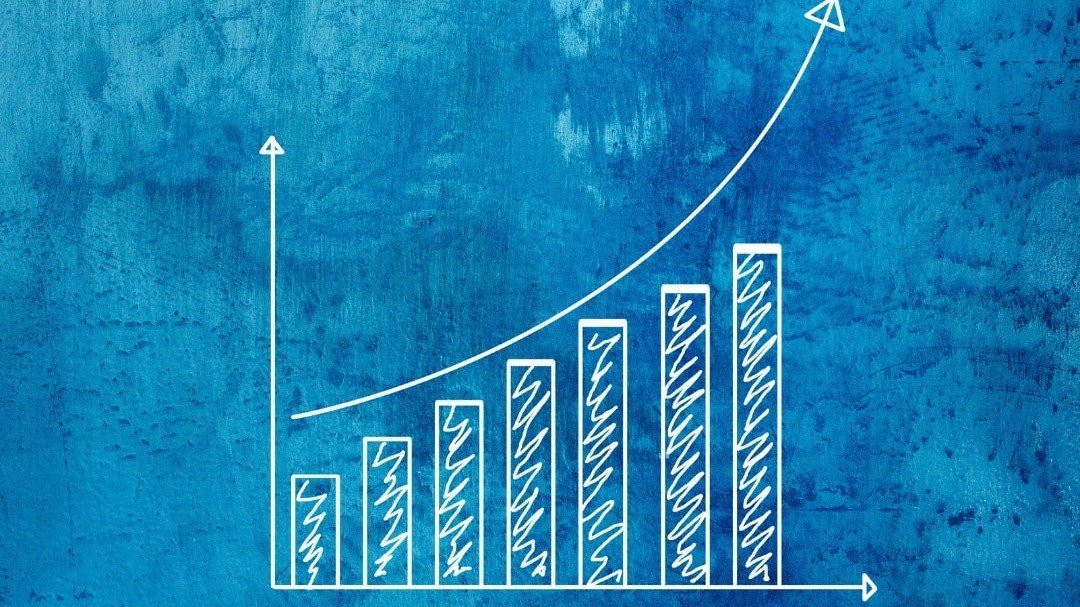Meta Description:
Need stainless steel seamless pipes for a refinery, LNG terminal, or food plant in South America? Learn how to choose the correct grade, certification, and finish based on local conditions and client requirements.
Introduction
South America is home to diverse industries—from refineries in Brazil to mining operations in Chile, and LNG terminals in Colombia. Each project comes with its own environmental, technical, and regulatory challenges.
Choosing the wrong pipe material or finish can result in:
- Premature corrosion
- Certification failure
- Customs clearance delays
This article offers a practical guide for EPC contractors, engineers, and procurement teams on how to select the right seamless stainless steel pipe for projects in South America.
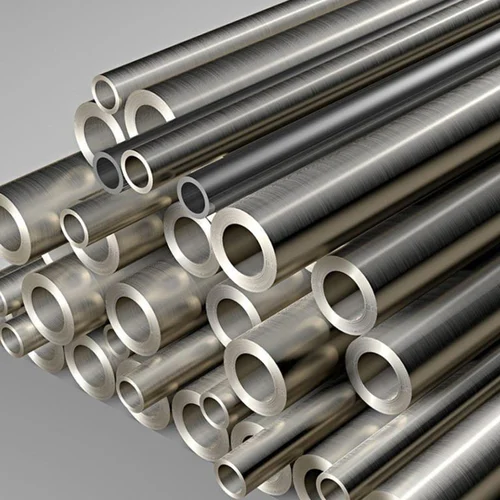
1. Match Pipe Grade to Application Environment
| Environment | Recommended Grade | Why |
|---|---|---|
| High chloride (coastal, seawater) | Duplex 2205, Alloy 625 | Pitting and SCC resistance |
| Food or ethanol processing | TP316L, TP304L | Cleanability, corrosion resistance, weldability |
| Steam boilers or superheaters | TP347H | Creep resistance at high temperature |
| Acid recovery / sour gas | Incoloy 825, TP317L | Excellent resistance to H₂SO₄, HCl, H₂S |
| Mining (abrasive + acidic slurry) | Super Duplex, 2205 | High strength and corrosion in harsh fluids |
2. Understand Local Certification Needs
Most South American projects now require:
- EN 10204 3.1 or 3.2 certificates
- Compliance with NACE MR0175 / ISO 15156 for oil & gas
- ASTM A213, A312, A269, or A270 dimensional and chemical standards
- Optional: ASME B31.3 / B31.1 piping design basis
Third-party inspections by SGS, BV, TÜV are often mandatory in refineries and power plants.
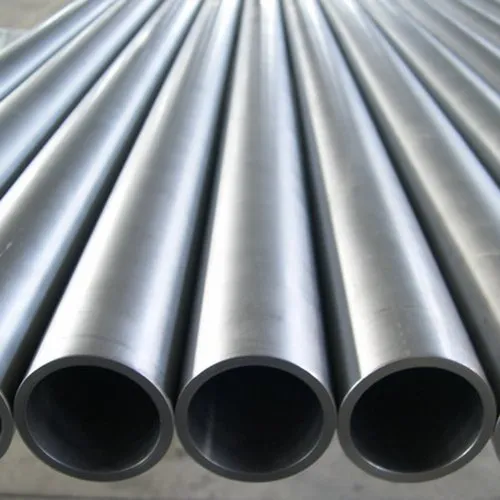
3. Choose the Right Surface Finish
| Application | Preferred Surface Finish |
|---|---|
| Food-grade piping | BA (Bright Annealed) or EP |
| LNG, clean service | Pickled + nitrogen purge sealed |
| Chemical & power plants | Standard pickled, BA optional |
| Pharmaceutical/biotech | Electropolished (EP), ID ≤ 0.4 µm |
Smooth internal surfaces reduce fouling, enhance flow efficiency, and ease cleaning validation.
4. Consider Transit and Export Needs
- Specify sealed ends, plastic caps, dry packaging
- Use wooden crates or PE-wrap bundles for protection
- Ensure MTCs include dual language (English/Spanish)
- Confirm HS code and steel origin for customs declarations
- Arrange pre-shipment inspection or video QC if no in-person visit
DLSS supports direct delivery to Santos, Callao, Buenos Aires, Cartagena, and other South American ports.
5. Common Mistakes to Avoid
- Selecting TP304L for coastal plants (risk of pitting)
- Not verifying 3.2 requirement in tender stage
- Failing to provide EC or PMI results for pressure tubing
- Overlooking oxygen-sensitive ID protection in LNG service
- Using decorative-grade A554 tubing for pressure systems

Frequently Asked Questions (FAQ)
Q1: Can I use TP316L for both ethanol and seawater?
TP316L is good for ethanol systems, but may be inadequate in seawater. Use Duplex or higher alloys near the coast.
Q2: What’s the lead time for 3.2-certified tubes to South America?
DLSS typically arranges inspection within 2–3 working days after testing. Port shipment lead time varies from 25–40 days.
Q3: Can DLSS customize length or U-bend for heat exchangers?
Yes. We support fixed-length, cut-to-order, and U-bend fabrication with proper inspection and marking.
Q4: What if my client changes spec after PO?
We offer flexible change control before inspection or shipping, with revised documentation and labeling if needed.
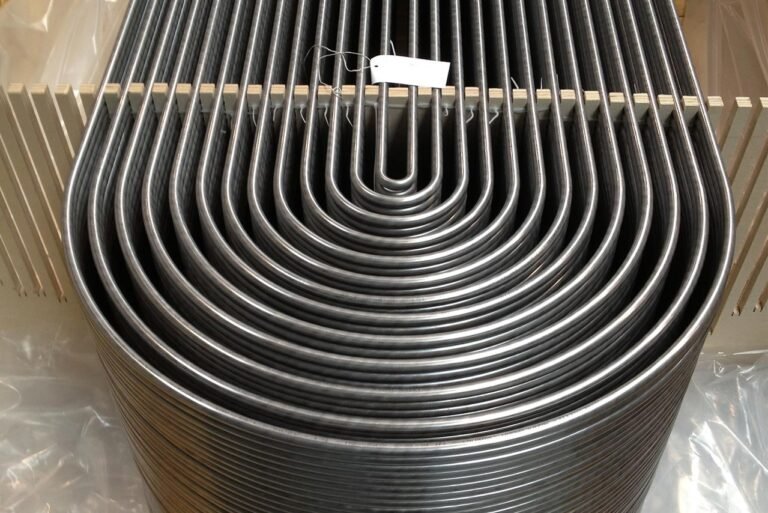
Conclusion
South American projects require grade-specific, inspection-ready, and logistics-friendly stainless steel pipe solutions.
By working with a supplier familiar with regional demands, like DLSS, your team gains reliability, certification support, and competitive delivery timelines.
Contact DLSS
Email: info@dlsspipe.com
Website: www.dlsspipeline.com
